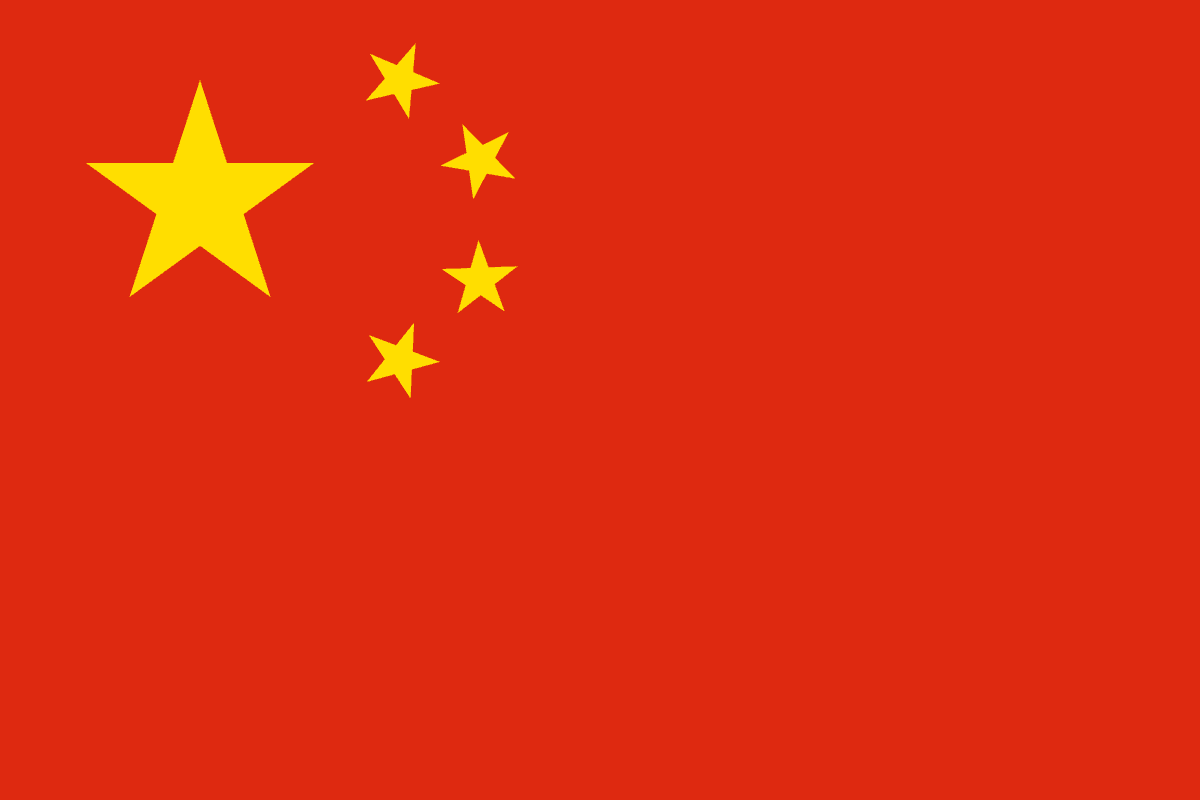By Tom Still
 MADISON, Wis. – The news reports are disturbingly frequent: People with ties to China are being accused of stealing proprietary technology from American companies and universities. It’s a trend that helps to explain President Trump’s push for tariffs, even if a broad-based trade war is the wrong solution to the problem. Some examples:
MADISON, Wis. – The news reports are disturbingly frequent: People with ties to China are being accused of stealing proprietary technology from American companies and universities. It’s a trend that helps to explain President Trump’s push for tariffs, even if a broad-based trade war is the wrong solution to the problem. Some examples:
- Early this month, a General Electric engineer with ties to China was arrested for what an FBI affidavit described as multiple instances of stealing and encrypting GE’s power-turbine technology. The engineer, a U.S. citizen, is accused of downloading trade secrets – including 19,000 files in one 2014 incident alone and using “elaborate means” to conceal it.
- A former Apple engineer with the company’s car project was arrested at the airport in San Jose, Calif., while attempting to travel to China. According to a FBI affidavit, the man stole company secrets before leaving Apple this spring for a job with XMotors, a Chinese automotive startup.
- A federal grand jury in Delaware has charged a former employee of Chemours, the U.S. chemical company, with conspiring last year to steal trade secrets about Chemours’ sodium cyanide business to Chinese investors.
- Closer to home, a research assistant at the Medical College of Wisconsin was arrested five years ago for allegedly stealing three vials of a cancer-fighting compound from a colleague’s desk. He eventually pleaded guilty to illegally downloading research data and was sentenced to time already served plus two years of probation.
It can be assumed only a few Chinese techies and scientists engage in espionage, but the damage can be substantial if it’s systematic. The FBI has long warned of China’s One Thousand Talents program, for example, which recruits ethnic Chinese science and tech experts at western universities and research institutes by offering incentives to work in China.
Watchdogs say One Thousand Talents essentially allows the Beijing government to gather tech expertise without incurring the research costs that come with producing it. Another Chinese organization active on some western campuses is The Confucius Institute, which some accuse of being a front for espionage.
These incidents and more have created a bipartisan storm on Capitol Hill, where legislation has passed to tighten the U.S. government scrutiny of foreign investments and exports of sensitive technology. Once in effect, the law will strengthen reviews of foreign investment by the existing Committee on Foreign Investment in the United States.
The committee can now review any investment that grants foreigners access to a U.S. company’s high-tech trade secrets. Before the change, however, such reviews were done only when a foreign investor gained control of a company.
Other provisions tighten controls on “emerging and foundational technology” and allow federal agencies to track patterns in foreign investment, especially around specific tech sectors.
Some worry the law will reverse the steep climb in Chinese investment that began in the early 2000s, box U.S. companies out of the Chinese market and make international academic collaboration much more difficult.
Within the U.S. tech industry, the concern isn’t government efforts to stop Chinese espionage. After all, tech companies are the primary losers when tech secrets are pilfered. Instead, it is about using tariffs as a tool to fix what should be a matter of enforcing the law.
“There is no doubt our trade agreements need to be updated, and China needs to be held accountable for its unfair and illegal practices,” read an Aug. 2 letter to congressional leaders from a coalition of tech groups, including the Technology Councils of North America.
“But rather than imposing tariffs that punish American companies, workers, and consumers, the U.S. should develop a sensible negotiating strategy that can more effectively address the longstanding trade challenges with China and that includes collaboration with our allies who face the same challenges in China,” the letter added.
Citing U.S. products such as integrated circuits, semiconductor devices, motion sensors, printer parts and more, the tech groups noted China is the largest single market for U.S. tech exports — $19 billion in 2016 alone – and imposing tariffs will hurt companies and consumers alike.
“The U.S. government should not punish American companies with a tax. This is misguided and ineffective attempt to change China’s policies,” the tech groups said.
Let’s see if the growing number of intellectual property thefts can be slowed by enforcing new and old laws and confronting China with facts about its wrong-doing, not by ratcheting up tariffs that hurt a wide range of businesses and workers.
Still is president of the Wisconsin Technology Council. He is the former associate editor of the Wisconsin State Journal.


